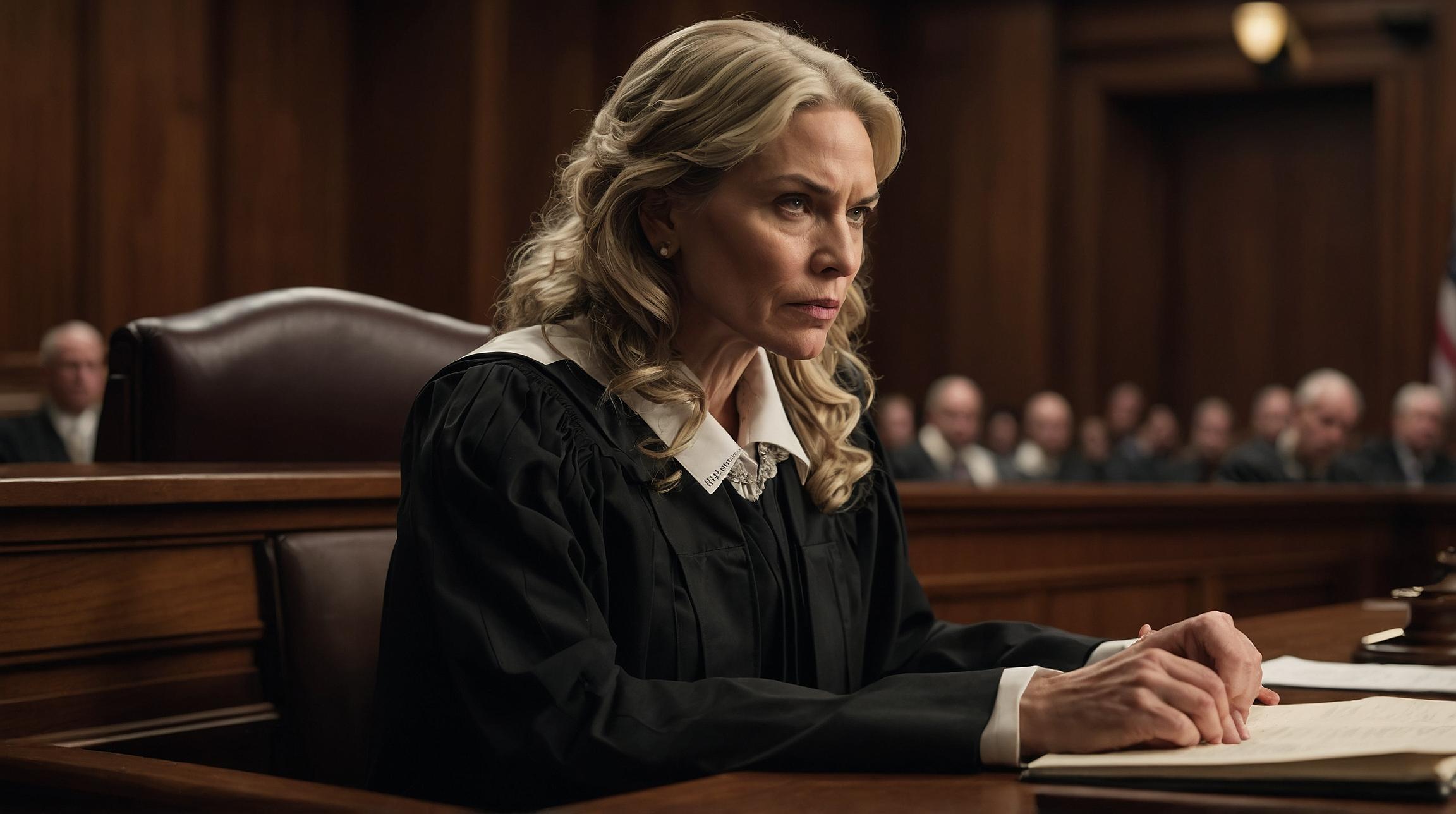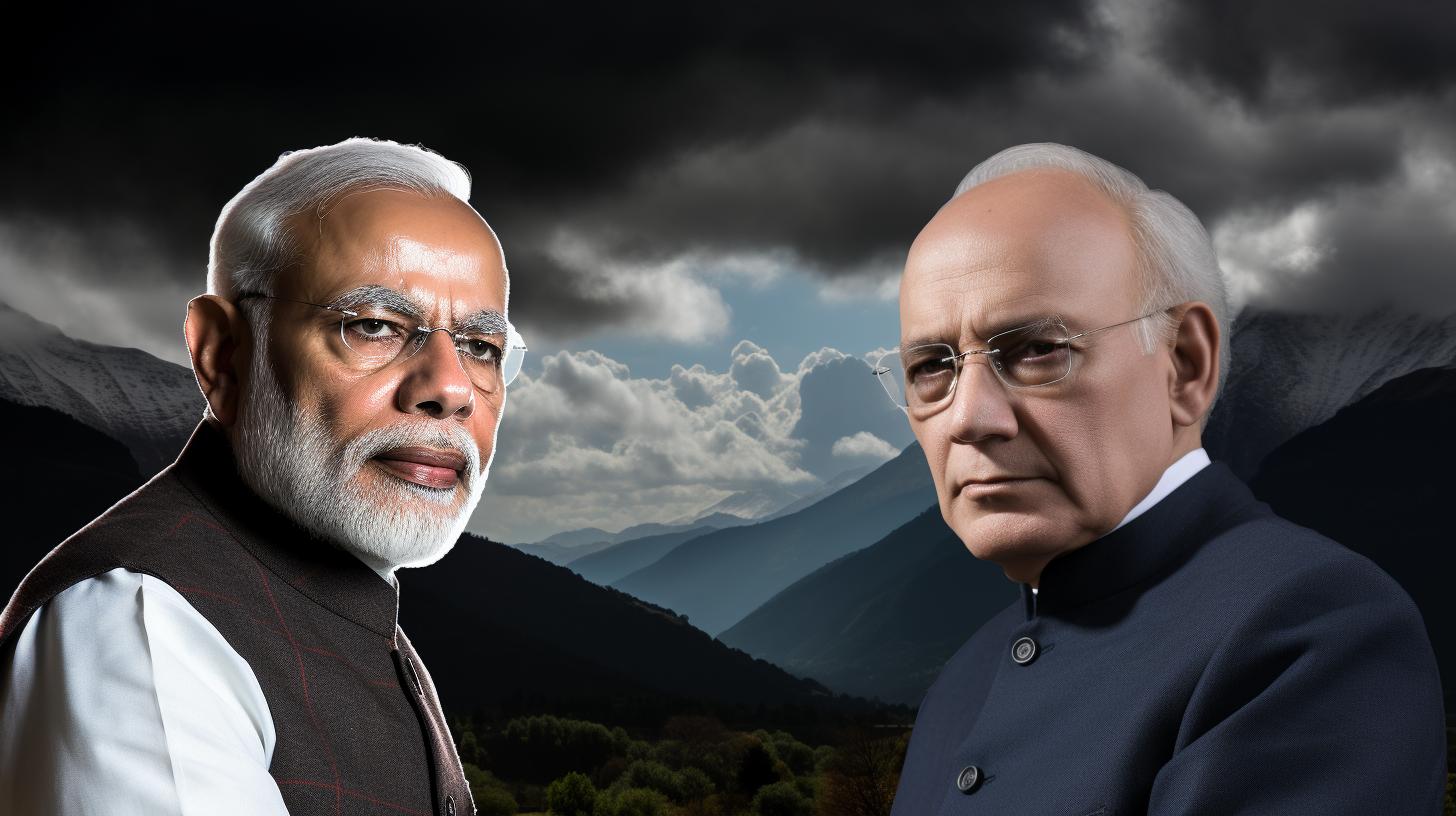Judge Upholds Campaign Finance Fines Against Ranked Choice Opponents
Introduction: Alaska Judge's Decision on Fines
An Alaska judge has mostly upheld fines against groups trying to repeal the state's open primaries and ranked choice voting system. These groups were fined over $94,000 by the Alaska Public Offices Commission for not following state disclosure rules about their campaign finances.
Background: Battle Over Ranked Choice Voting
Since the November 2022 election, those against Alaska’s ranked choice voting have been involved in complaints and legal challenges. One group, called Alaskans for Honest Elections, collected signatures to put a question on the 2024 ballot aiming to repeal Alaska’s current voting system. Some people think this voting system favors centrist candidates (like those who are in the middle politically), while others believe it is confusing and unfair to traditional candidates.
Funding Sources and Legal Issues
The main funding for this movement came from a religious group called the Ranked Choice Education Association. This group was created by Arthur Mathias, who donated $90,000 to the effort through his organization. The public offices commission said last year that this ballot group and the religious organization didn't follow the laws about registering and reporting their activities. They also didn't correctly identify their top sponsors.
Mathias and others argued that these rules violate their free speech rights and that certain rules about how donations are funneled don't apply to ballot initiatives. They also wanted the fines reduced.
Court's Decision and Penalties
Anchorage Superior Court Judge Laura Hartz mostly agreed with the fines. However, she slightly reduced Mathias' penalty by less than $1,000 because of an anonymous cash donation initially attributed to him. State law prohibits cash contributions over $100 and requires any anonymous donations to be given up.
Responses and Continued Legal Battles
Mathias did not respond to requests for comments. Alaskans for Better Elections, a group supporting ranked choice voting, asked for higher fines but were denied. Other legal battles are still ongoing. There is a trial set to discuss claims that some signatures for the ballot measure were collected unlawfully.
Judge Christina Rankin has already dismissed one claim that the Alaska Division of Elections made a mistake by allowing corrections to signature booklets. She is expected to make more rulings soon, which could lead to appeals to the Alaska Supreme Court.
Campaigns for and Against the Ballot Initiative
In the meantime, campaigns both for and against the ballot initiative are active. The group pushing to repeal ranked choice voting is called Yes on 2, led by Mikaela Emswiler. On the other side, No on 2 is led by former state Senator Lesil McGuire and supports keeping Alaska’s open primaries. Open primaries were crucial in the 2022 elections.
Understanding the Terminology
Open Primaries: In an open primary, voters aren't limited to choosing candidates from one party. For example, a voter can choose either a Democrat or a Republican regardless of the voter's own party affiliation.
Ranked Choice Voting: Instead of choosing just one candidate, voters rank the candidates in order of preference. For instance, if there are three candidates, a voter marks their 1st, 2nd, and 3rd choices. If no candidate wins a majority, the candidate with the fewest votes is eliminated, and their votes go to the voters' next choices. This continues until someone has a majority.
Conclusion: What's Next?
The discussions and rulings around Alaska’s voting system will continue, with more decisions and likely more appeals. Both supporters and opponents are gearing up for the 2024 ballot to see if changes will be made to Alaska’s elections.













